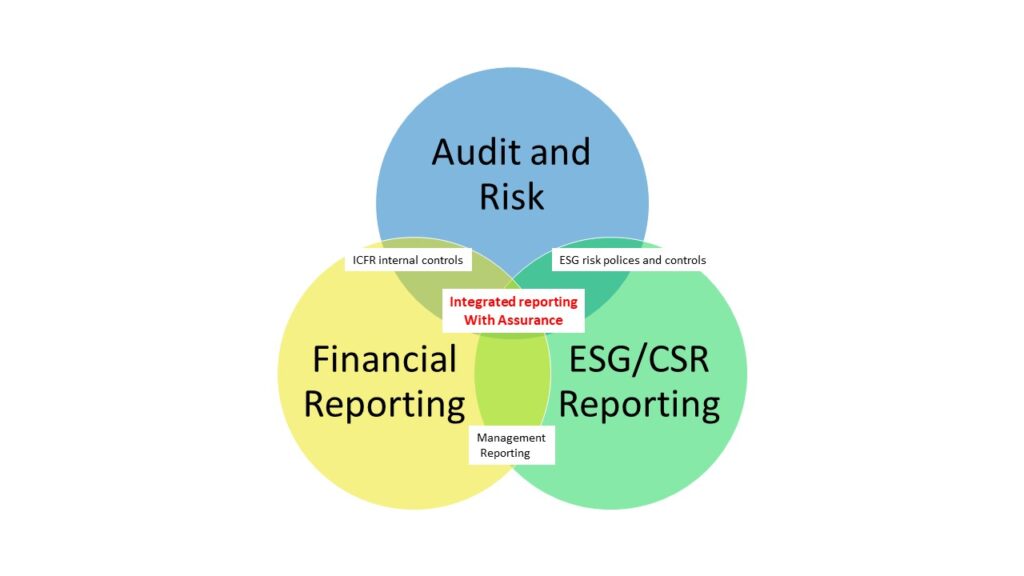How Can I Effectively Spend my Year End Charity Budgets?

While the tradition of year-end generosity among UK businesses is commendable, a critical issue often arises as companies hurriedly allocate surplus budgets to charities in a bid to meet philanthropic commitments before the fiscal year concludes. For many businesses, unspent charity budgets are often absorbed back into the P&L, and therefore lost. The perceived solution […]
Why Giving Back To The Community Is Essential For Morale, Awareness, and Growth?

Giving back to the community is essential for morale, awareness, and growth for several reasons: Fosters a Sense of Purpose and Morale: When individuals or organizations engage in activities that benefit the community, it instills a sense of purpose and fulfillment. Knowing that their actions have a positive impact on others boosts morale and encourages […]
When you engage in acts of kindness, only good things happen…

As you help someone or give a gift, your brain secretes “feel good” chemicals such as: Serotonin (which regulates your mood). Dopamine (which gives you a sense of pleasure). Oxytocin (which creates a sense of connection with others): Serotonin: Serotonin is a neurotransmitter that plays a crucial role in regulating mood, happiness, and overall emotional […]
Positive effects of partnering with charities and good causes

Partnering with charities can have several positive effects for businesses and organizations. Here are some of the benefits of partnering with charities to support them: Enhanced Corporate Social Responsibility (CSR): Partnering with charities demonstrates a commitment to social responsibility, which can improve the public image and reputation of a company. It shows that the organization […]
The UK’s upcoming Sustainable Disclosure Requirements (SDR)

The UK’s upcoming Sustainable Disclosure Requirements (SDR) are a set of measures and modifications that would institutionalize and unify SECR, TCFD, and ESOS reporting into an overall, annual set of sustainability reporting requirements. SDR will include: Full TCFD reporting, including Scope 3 emissions Additional non-climate sustainability and ESG reporting disclosure to include charity and community work […]
Employer-supported volunteering (ESV)

Employer-supported volunteering (ESV) is a type of corporate social responsibility (CSR) program in which companies encourage or enable their employees to volunteer during working hours. This means that employees are given paid time off to volunteer for a cause or organization of their choice, either individually or as part of a team. ESV is a […]
Let’s look at environmental, social and governance (ESG)

Environmental, Social, and Governance (ESG) are three factors that are used to evaluate the sustainability and ethical impact of a company’s operations. Environmental factors refer to a company’s impact on the natural environment, including its use of natural resources, greenhouse gas emissions, waste generation, and other forms of pollution. ESG investors look for companies that […]
5 Ways Businesses can support their Communities (and how it helps your marketing)

Volunteerism: Encourage employees to volunteer their time and skills to local charities or events. This can include organizing a team volunteering day or allowing employees to use company time to participate in community events. Sponsorship: Consider sponsoring local events or charities that align with your business values or goals. This can provide positive exposure for […]
What is Social Regeneration?

Social regeneration refers to the process of revitalizing and improving social systems and structures in a community or society. It involves addressing issues such as poverty, inequality, social exclusion, and other challenges that can lead to the deterioration of a community’s well-being and quality of life. Social regeneration initiatives can take many forms, such as […]
The importance of measuring, auditing and verification of ESG

Measuring, auditing, and verifying environmental, social, and governance (ESG) practices are crucial for several reasons: Transparency: ESG reporting enables companies to communicate their sustainability practices, risks, and opportunities to stakeholders, including investors, customers, employees, and regulators. By being transparent about their ESG performance, companies can build trust and credibility with stakeholders and improve their reputation. […]
